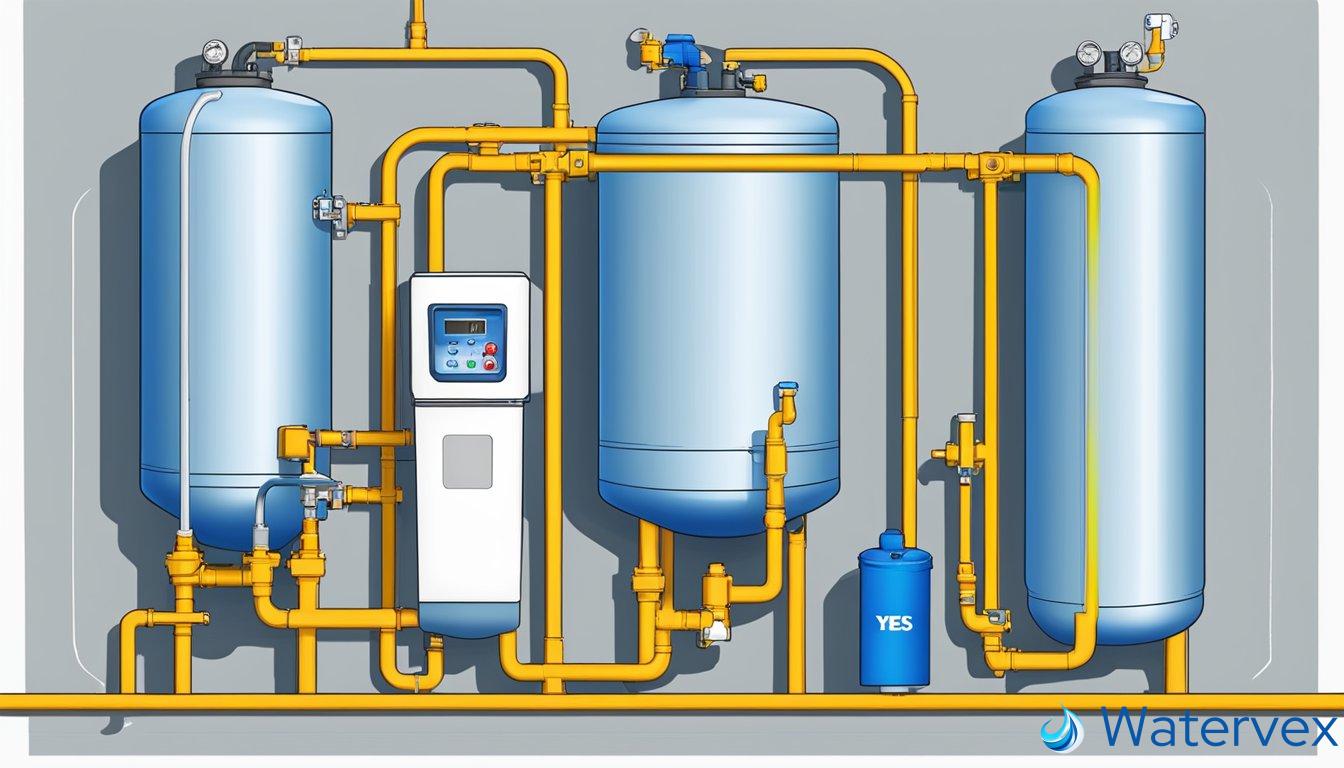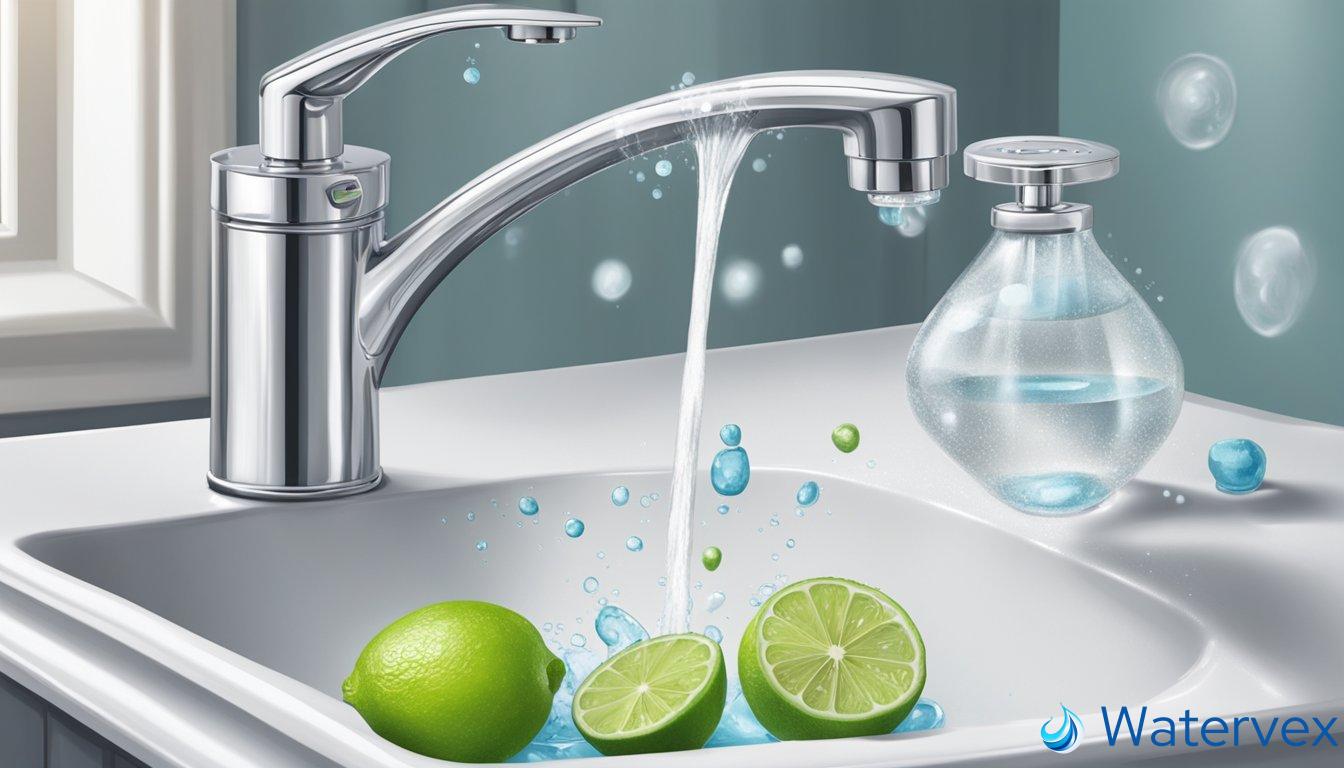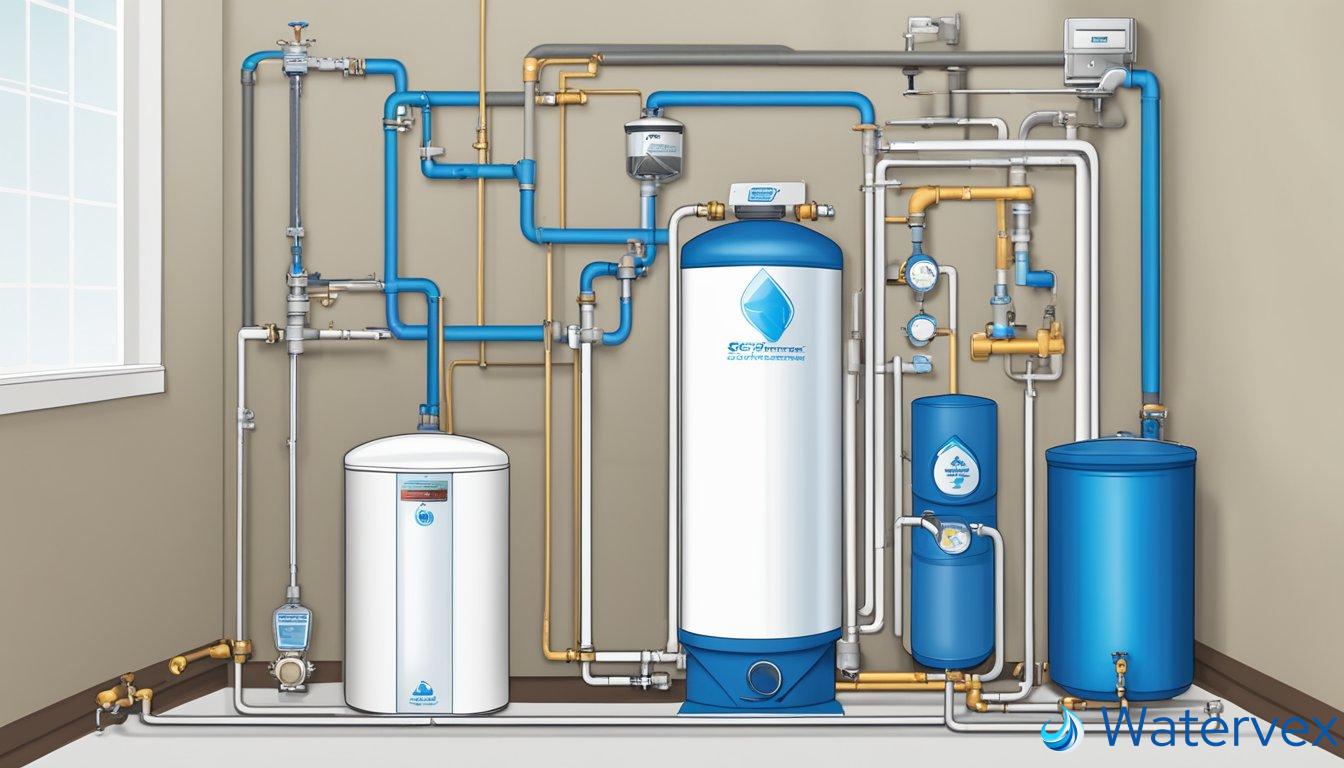Deciding whether to invest in a water softener can be a pivotal choice for your home and health. Hard water, characterized by high levels of minerals such as calcium and magnesium, can lead to a host of domestic challenges, from limescale buildup in your plumbing to decreased efficiency of home appliances. While hard water isn’t harmful to your health, it may contribute to dry skin and hair and may reduce the lifespan of household appliances through scale accumulation. The decision to transition to soft water should consider the implications not only on household maintenance but also on overall water quality.

On the other hand, soft water can make a significant positive impact on your household. By reducing mineral content, water softeners can prevent the negative effects of limescale, enhance the performance and longevity of appliances, and may even improve the taste and feel of your water. However, before moving forward with a water treatment system, you might want to weigh the costs and maintenance associated with water softeners against the potential benefits they offer.
Key Takeaways
- Hard water can cause appliance inefficiency and may affect your skin and hair.
- Water softeners can extend appliance life and improve water quality.
- Consider both the benefits and responsibilities of a water softener before deciding.
Do You Need a Water Softener for Your Home?
Deciding on a water softener for your home hinges on understanding your current water quality and how it impacts your daily life. Here’s how to determine whether a water softener system should be part of your household.
Assessing Your Water Hardness
To ascertain whether you require a water softener, start by gauging the hardness of your water. This can be done via a test kit, which measures concentration of minerals like calcium and magnesium. Should levels be high, it’s indicative of hard water which could necessitate a water softener to prevent scale buildup affecting your plumbing and appliances.
- DIY Test Kit: Easy to use and gives a quick indication of hardness.
- Professional Analysis: Offers a detailed report on your water composition.
Understanding Different Types of Water Softeners
Water softening systems often use an ion exchange process, replacing calcium and magnesium ions with sodium or potassium ions to soften the water. However, there are variations:
- Salt-Based Ion Exchange Softeners: These are the most common and effectively remove hardness.
- Salt-Free Water Conditioners: Instead of removing minerals, these condition the water to prevent scale without adding sodium.
Each system has its own maintenance requirements and cost implications for a family. It’s vital to evaluate not just the installation cost, but also the long-term maintenance, including salt or potassium refills for ion exchange models.
Considering Water Softener Alternatives
Alternatives to traditional water softeners include using:
- Electronic Descalers: Electronic devices that alter the electromagnetic properties of calcium and magnesium, reducing scale formation.
- Magnetic Water Conditioners: Similar to electronic descalers, using magnetic fields.
These alternatives have pros and cons in terms of effectiveness and may be of interest to families wanting to avoid added sodium in their water or looking for a lower-maintenance option. Consider the full spectrum of water quality implications when pondering these technologies.
What Are the Signs of Hard Water Damage?

Hard water can be more than a minor annoyance; it can lead to tangible damage around your home. Learn to spot the signs early to prevent long-term issues.
Identifying Hard Water Stains and Scale Buildup
- Scale Buildup: You’ll notice white, crusty deposits around your faucets and showerheads. This residue, primarily calcium and magnesium, is a telltale sign of hard water.
- Glassware: If your glasses come out of the dishwasher looking cloudy or spotted, it’s likely from hard water mineral deposits.
- Stains: Be vigilant for stains on ceramic and chrome fixtures, often appearing as dingy, off-white marks.
Effects of Hard Water on Skin and Hair
- Dry Skin: After bathing, your skin may feel tight and dry. This is because soap reacts with calcium to form soap scum, which doesn’t rinse away easily.
- Hair: If your hair is dull and lacks luster, or feels filmy after washing, hard water could be the culprit.
Monitor your water heater and plumbing system, as mineral buildup can significantly reduce efficiency and lifespan. If you’ve noticed a spike in your utility bills, it could be due to hard water forcing your appliances to work harder. Conduct a simple water test to confirm the presence of hard water and consider how a water softener might benefit your home.
Can Water Softeners Impact Your Health and Home Appliances?

When considering a water softener, you might ponder over its effect on your health and the longevity of your home appliances. Specific aspects, such as the type of softener and your usage habits, play crucial roles.
Health Considerations with Water Softeners
Water softeners are designed to combat hard water by removing hard minerals like calcium and magnesium through a process called ion exchange. During this process, sodium ions replace hard minerals, which could slightly raise the sodium content in your water. If you have health concerns over sodium intake, dual-tank water softeners allow for a continuous supply of soft water with controlled regeneration schedules, reducing sodium release compared to single-tank models.
However, soft water can also lead to using less soap and cleaning products, which not only could result in healthier skin and hair but also a reduction in the presence of potentially irritating residues. It’s a balance—one that requires understanding the specifics of your water softener’s operation and its impact on your water.
Maintaining Home Appliances and Water Softeners
The regeneration process inside your softener’s brine tank is vital to remove accumulated hard minerals from the resin beads, effectively maintaining the unit. Efficiently-run softeners contribute to prolonged appliance life by preventing mineral deposits that cause premature wear.
Your appliances—like washing machines and dishwashers—benefit from using softened water. Scale buildup is minimized, which maintains energy efficiency and the effectiveness of laundry detergents. A maintained water softener potentially translates to reduced energy bills and lesser strain on your appliances, suggesting fewer repairs and replacements over time.
Exploring Salt-based and Salt-free Water Softeners
A salt-based water softener replenishes its resin beads through regular regeneration, using salt to swap out the gathered hard minerals. This traditional method is effective but may not be suitable for everyone, particularly those looking to lower their household’s sodium usage. On the other hand, salt-free water softeners neutralize minerals without the need for regeneration, offering an alternative that does not add sodium to your water.
Making an informed choice here is essential, as it affects not just the state of your home appliances but also aligns with any health considerations. Each system offers benefits and detriments; understanding the functionality of each can empower you to make an informed decision that aligns with your family’s health needs and your home maintenance goals.

